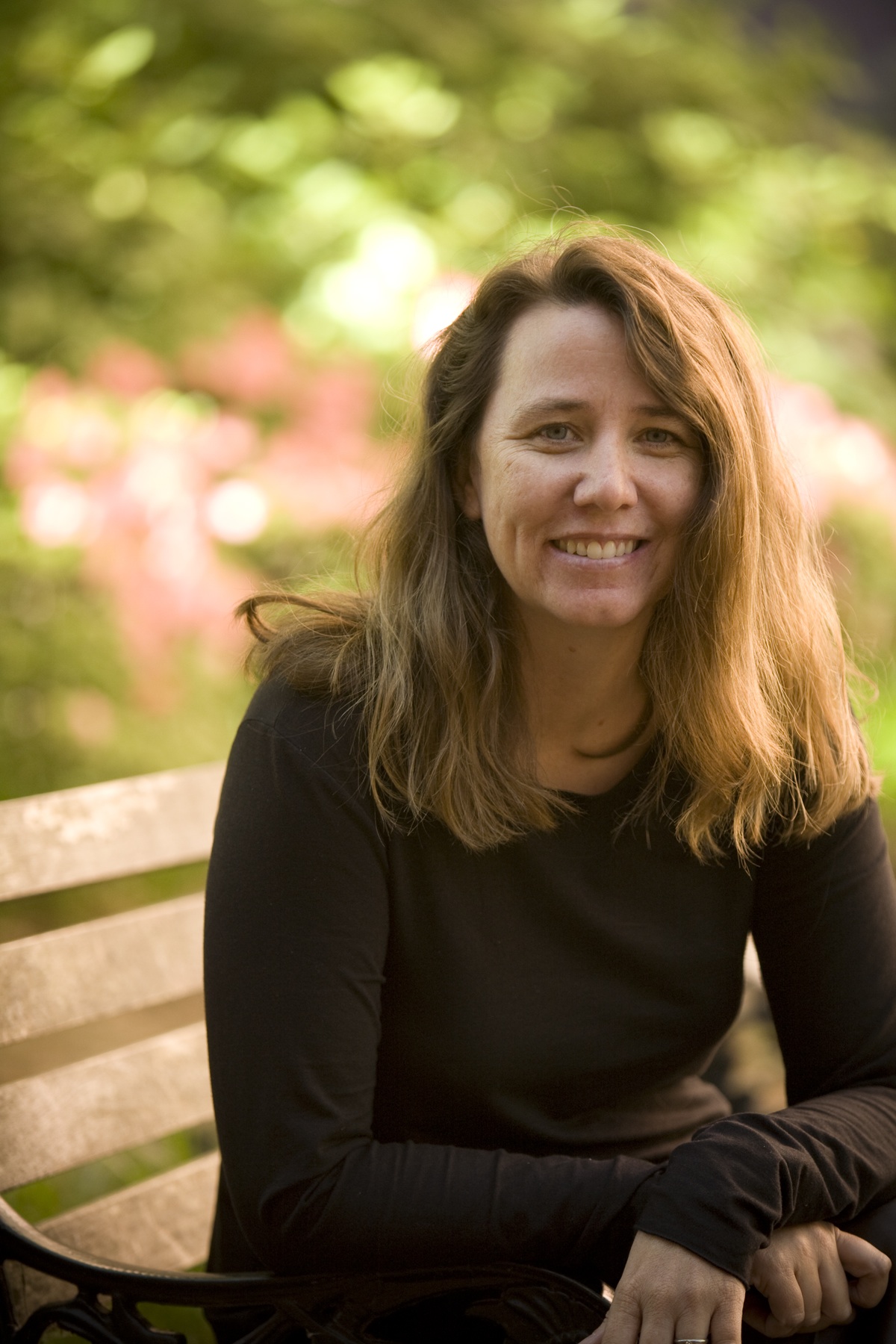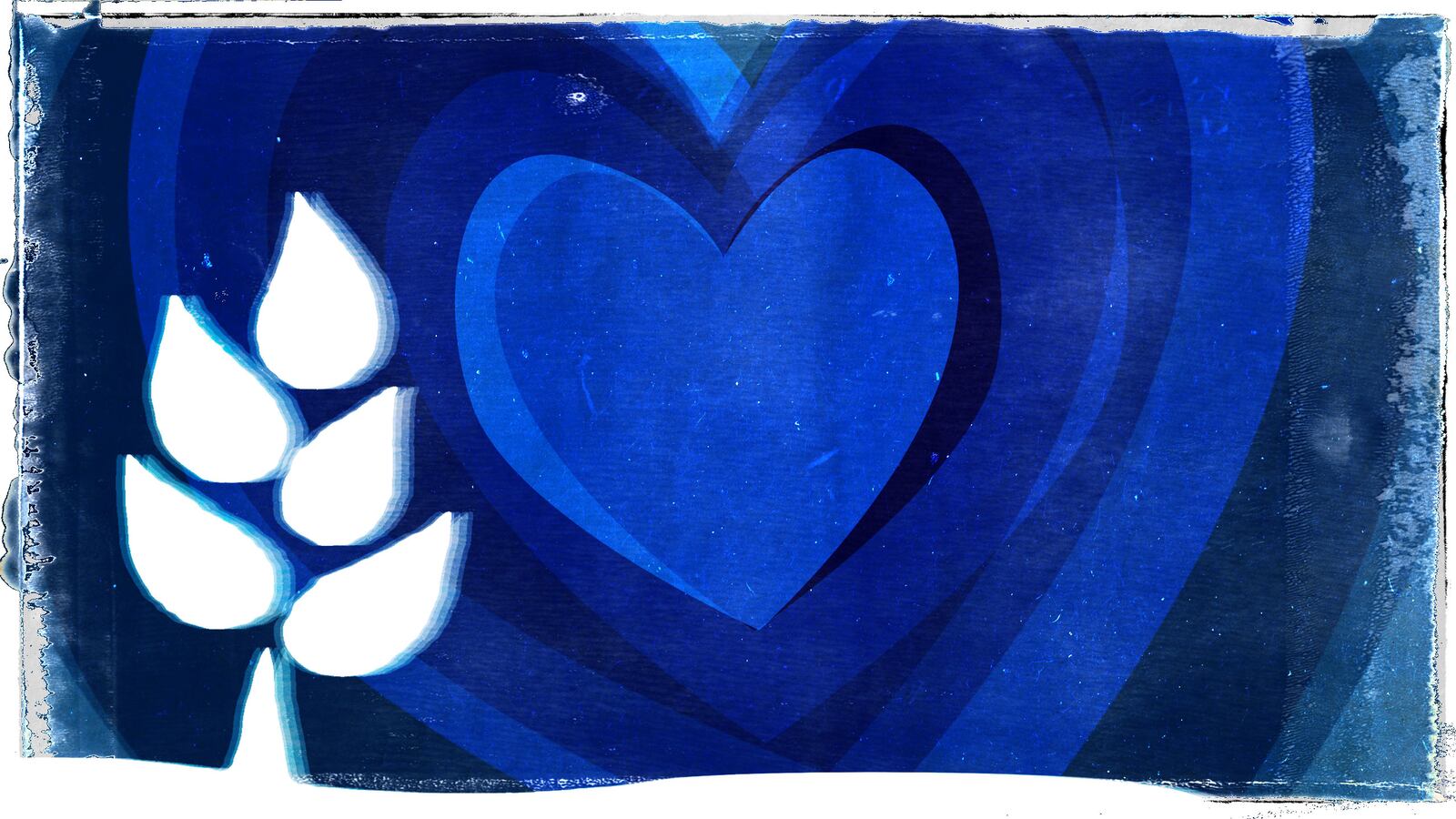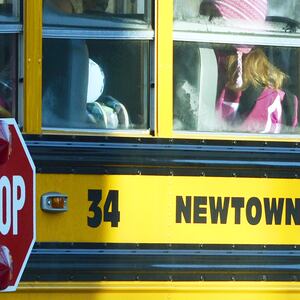Last Saturday morning from my house in Newtown, I engaged in what has become a harrowing ritual: having heard of another mass shooting, I located in my memory those I love who might be affected, and I attempted to contact those persons to make sure they are unharmed. Because of where I live I have been the harried recipient of such inquiries, the first in a long line of rituals associated with residency in a town whose name has become associated with the act of a single mass murderer with a gun.
As news broke of the shooting at the Tree of Life synagogue in Pittsburgh, it was two former students of mine, now married, whose wedding I attended a few years ago. I remembered a note I’d just received—a Halloween card to my two sons whom the pair had babysat during their college years in Charleston, where we lived then—with their new Pittsburgh return address. Both poets, at their wedding they had recited under the chuppah a poem they’d first come across in my class. It contains the lines—referring to two horses who have been “grazing all day, alone”—“They love each other./There is no loneliness like theirs.” The poem ends:
“Suddenly I realize/That if I stepped out of my body I will break/Into blossom.”
As I waited for a text from either of them saying they were not present at the synagogue, I recalled class discussions with them about this poem, the apparent contradiction that love could make you lonely because one could never truly enter into the beauty of the world while one stayed inside a single body. That doesn’t mean you quit loving, one of them had said, but that you love more and harder, to the point that you might burst. I recalled the process the bride had undertaken to convert to the groom’s Judaism, and the long period when the groom was out of cell phone reach as he travelled in India, the two wooden elephants he carried all the way back to give to my sons, and the many conversations I’d had with them severally and together over the years about the ways in which their walks of faith had brought them closer to each other and to the world, conversations grounded in the love of those two ponies, their consequent loneliness, and the bursting such love can make you feel. As a teacher rarely gets to, I had witnessed the strength of this couple’s love and faith. And I worried whether those strong bonds had led them to sit in congregation in their new town that morning.
Such moments are long, almost unendurable. I wish them on no one, but unfortunately share them with a growing cohort of Americans who find themselves adjacent to acts of gun violence in America. I survived the 90 seconds it took to find out that the shooting at an elementary school in my own town was not at my sons’ school by taking long breaths in and out. And of course those like me who discover their loved ones unharmed are the lucky ones on days like these in towns where no one will ever be truly the same.
When I waited for word about my own sons, I didn’t know then that those moments were just the beginning of my engagement with the loneliness that my love for Newtown would bring me.
When nine African-Americans were killed in Charleston, where I had lived a few blocks from that church in a church apartment on the campus of another AME Church in a rapidly gentrifying African-American neighborhood, I texted a Charleston friend to warn her that though the town would be the recipient of a comforting show of unity in the days immediately following this monstrosity, there would bloom a loneliness like ours out of the love that the tragedy forged.
It was heartbreaking to give her such news. And here, if I was one of the lucky ones, I’d have the chance to give it again to my young poets in Pittsburgh.
As I waited this time, though the news channels were filled with talk of hate, I thought of love. I thought of the heroic acts of love I witness from families in my town who, though they have lost children this way, routinely find it in them to ask how my sons are doing.
And I thought of the love that keeps a door to a worship service open for a Wednesday bible study, or a Saturday Shabbat service.
I thought, too, of the loneliness that is loving others when you know very well they could do you harm. I was not surprised to learn that the rabbi of one of the targeted congregations had decried that lawmakers have not taken up gun control measures, that the leadership of the center had consulted with the Department of Homeland Security and considered running drills on active shooters, and even so had chosen—heroically, in my view—to keep their doors open.
Every anniversary of our tragedy, on December 14, I sit in the pews of a multi-faith service listening to the Muslim call to prayer or words from the Koran, sung or recited by a family with whom I have written poetry, poets I would not know had persons in my town not been chosen by a killer with a gun as the sole recipients of his rage and isolation.
And I am aware that the door to the church in which we gather is unlocked. I am reminded anew that all around me are examples of a heroic love.
When I finally heard from the two poets in Pittsburgh that they were not at the synagogue that morning, almost immediately one of them followed up that they had closed on a house there earlier that week. They sent me pictures from it that showed they could see one of the rivers that flow through city from their backyard.
As I map-quested how close their new address was to the synagogue (twenty minutes), the groom, a husband now, added another text that Pittsburgh was a beautiful place to live. I reminded him that this shooting has nothing to do with his town, and that having lived through this he would find he only loved Pittsburgh more.
He quickly texted me back three words: “so much love.”I didn’t have to remind him a love like this might cause him to break into blossom.
The poem they read under the chuppah is called “A Blessing.” Here’s my blessing: from this terror may we manifest the heroic love that takes the actions—of law and community—that will end our shared and growing loneliness.







